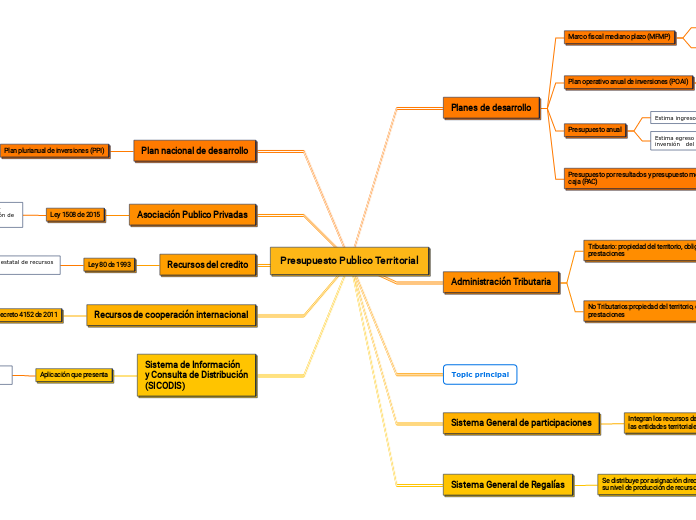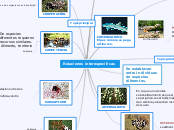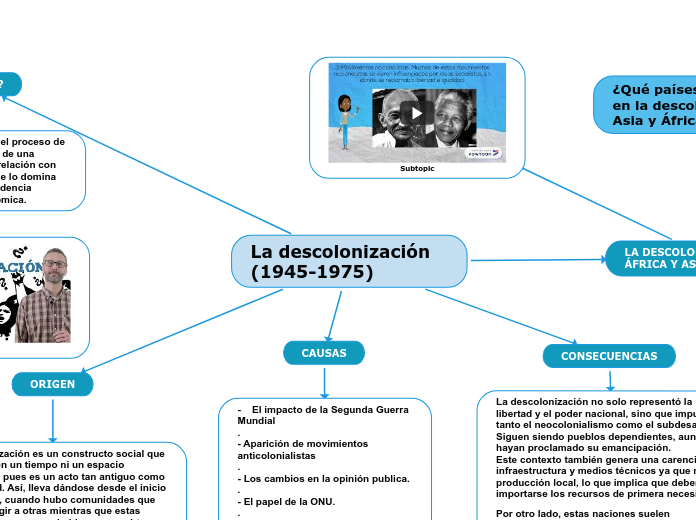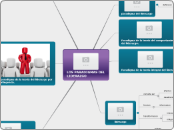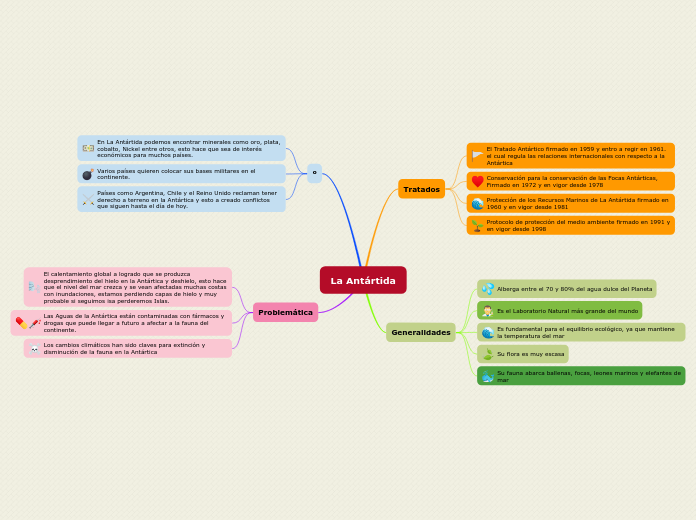Presupuesto Publico Territorial
As the main word in a sentence, the verb will generally describe an occurrence or an action.
Sistema de Información
y Consulta de Distribución
(SICODIS)
Conditional verbs are used to create conditional sentences, which express hypothetical or unlikely situations. Conditional verbs can be used in the past, present, or future tense, and auxiliary verbs like can/could, will/would, and may/might are important in forming conditionals
Aplicación que presenta
La información agregada y detallada correspondiente a los recursos del SGP y SGR
Realizada por el DNP
Recursos de cooperación internacional
An infinitive verb is essentially the base form of a verb with the word 'to' in front of it. When you use an infinitive verb, the 'to' is a part of the verb. It is not acting as a preposition in this case.
Ley 1444 de 2011 y decreto 4152 de 2011
creación agencia presidencial de cooperación intencional de Colombia
gestiona orienta y coordina toda la cooperación internacional publico privada técnica y financiera no reembolsable
Recursos del credito
The negative verb forms are made by putting not after an auxiliary verb.
Ley 80 de 1993
Actos o contratos que dotaran a la entidad estatal de recursos bienes o servicios
Entidad territorial como garante
Plazo para pago
Asociación Publico Privadas
Auxiliary verbs are verbs such as have, be, may, do, shall, will, can, or must that are used with another verb to show the verb's tense, to form a question, etc.
Ley 1508 de 2015
Acuerdo entre el sector publico y privado para incentivar inversionista con capital privado en proyectos de inversión de infraestructura
Plan nacional de desarrollo
A modal verb is a type of verb that is used to indicate modality. Commonly used modal verbs are can, could, must, should, had better, have to and sometimes need or dare.
Plan plurianual de inversiones (PPI)
Identifica las asignaciones indicativas de recursos y prioridades de inversión
No regionalizable
beneficio publico nacional
Regionalizable
Beneficio publico local
Beneficio individual
Sistema General de Regalías
In grammar, the voice of a verb describes the relationship between the action that the verb expresses and the participants identified by its arguments.
Se distribuye por asignación directa al territorio en función de su nivel de producción de recursos naturaleza no renovables
A través de
Fondo de compensacion regional (FCR)
Fondo de ciencia tecnología e innovación (FCT)
Fondo de desarrollo regional (FDR)
Sistema General de participaciones
A participle is a form of a verb that can be used as an adjective or combined with the verb to be to construct different verb tenses.
Integran los recursos del gobierno que se transfieren a las entidades territoriales
Asignación especial
4% PAE, ribereños del magdalena, fondo de pensión territorial y resguardos indígenas
Asignaciones sectoriales
96% Educación, salud, agua potable y saneamiento básico y propósito general
Topic principal
Administración Tributaria
A transitive verb will only makes sense if it applies its action on an object.
No Tributarios:propiedad del territorio, obligatorio sin contra prestaciones
Contribuciones
Multas y sanciones
Tasas y tarifas
Tributario: propiedad del territorio, obligatorio sin contra prestaciones
indirectos
No se relaciona con la riqueza de las personas naturaleza y/o jurídicas,Trasladable a otros actores económicos
Directos
Recaen sobre la riqueza de las personas naturales y/o jurídicas, No trasladables a otros actores económicos
Planes de desarrollo
An intransitive verb has two characteristics:
1.it is an action verb, expressing a doable activity
2.it will not have a direct object receiving the action
Presupuesto por resultados y presupuesto mensualizado de caja (PAC)
Regula pagos mensuales
Establece monto máximo mensual de fondo disponible
Presupuesto anual
Estima egreso o gastos de funcionamiento de deuda o inversión del territorio
Estima ingresos recaudados por año fiscal
Plan operativo anual de inversiones (POAI)
Planifica la inversion territorial
operaciona objetivos y metas del plan de desarrollo
Marco fiscal mediano plazo (MFMP)
Create sentences with examples!
Recuenta de los hechos de la actividad económica
Introduce resultados y propósitos de la política fiscal
